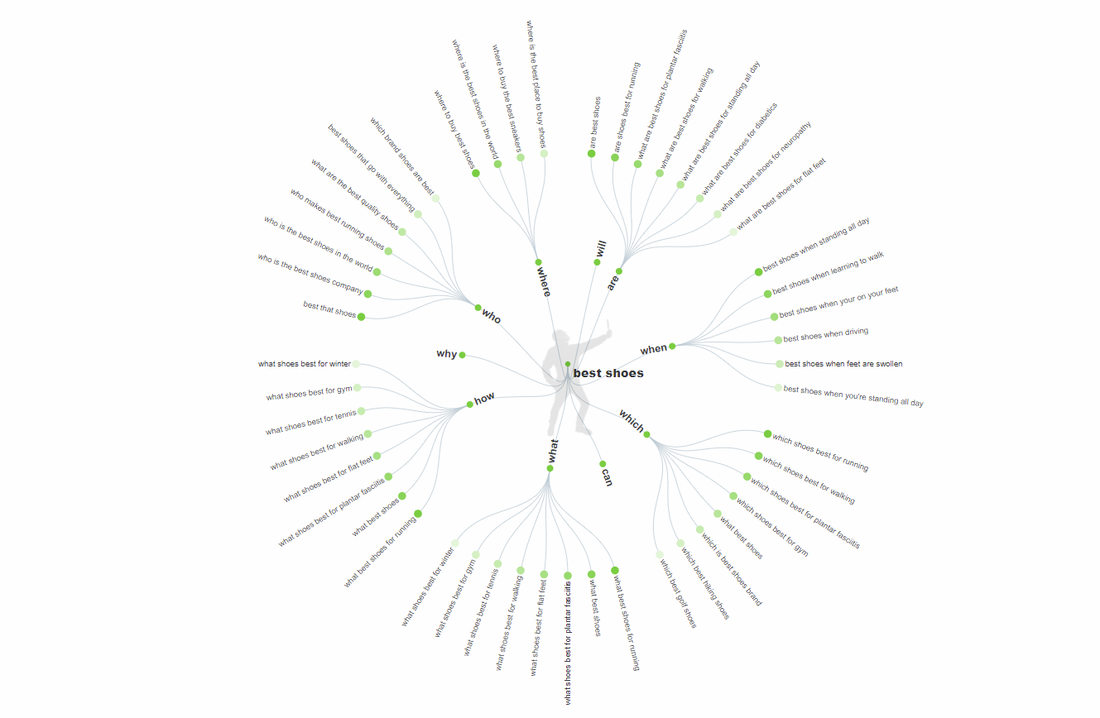|
Long-tail keywords are a “must-have-it” for boosting your SEO value online. If you are saying to yourself “long tail what nows?” let me explain. Keywords are what Google and other search engines use to help you find what you are looking for online. There are two kinds of keywords: core and long-tail. Core keywords are focused on the topic of a website. If you provide a product or service, your core keywords would describe that product or service. Let’s say you are a mechanic specializing in imported automobiles. Your core keywords would be something like, “mechanic imported autos.” Anytime someone types in any combination of those core keywords into a search engine – if you have optimized your website correctly – your listing will come up as a match. Long-tail keywords are more involved. They consist of phrases instead of a few core words relating to your business or industry. SEO copywriters understand the benefits of working long-tail keywords into everything they write for their clients. It is something many have done for years now. As a rule, there is less competition for long-tail keywords than core keywords. Let me illustrate this with an example about a local doggy doo-doo yard cleaning service. Long-tail keywords that would work well for this niche include: “Is there a business that cleans up my dog’s poop” and “cleaning up my dog’s poop from the yard.” The key to crafting a successful long-tail keyword is to think like a consumer searching online. Long-tail keywords benefits Now that you know what long-tail keywords are, let’s talk about how they benefit your online content. To make a long story short, if you are not including long-tail keywords as part of your SEO strategy, you are missing out on a valuable tool for directing new traffic to your sites. There are four key reasons why you must embrace long-tail keywords.
How do you choose long-tail keywords? Now that you know why long-tail keywords are a crucial part of any SEO content strategy, how do you figure out which ones to use? Google is one of your best tools for figuring out good long-tail keywords for your business or industry. Make sure you have the autocomplete option turned on in your search settings. Then, go to the search bar and start typing a question about your products or services. You only need to enter a few words. Google will complete the rest of the phrase with popular searches conducted by other consumers looking for the same information. It also will provide a section called “People Also Ask” that includes other long-tail search queries. It really is quite handy. There also are long-tail keyword generators you can use to help make suggestions. One of the most popular is called Answer the Public. Simply plug in two or more words that describe the topic of your search. It automatically generates a list of questions other online searchers have asked about the same thing. There are basic and pro versions of this service. SEMRush is another popular keyword tool used by SEO pros for identifying core and long-tail keywords for clients. It is amazing software. It also is expensive. I never recommend it for businesses unless they have an extensive online presence. Only then would the benefits of using SEMRush outweigh the costs. Conducting dedicated keyword research if you plan to optimize your entire website is your best bet. SEO researchers and copywriters can help with this task. Working with an expert can help your online content rank better organically since they know all the tricks of the trade. Reach out today to learn how The Write Reflection can help improve your online search ranking through the power of long-tail keywords.
0 Comments
Your comment will be posted after it is approved.
Leave a Reply. |
Categories
All
Archives
April 2024
|


